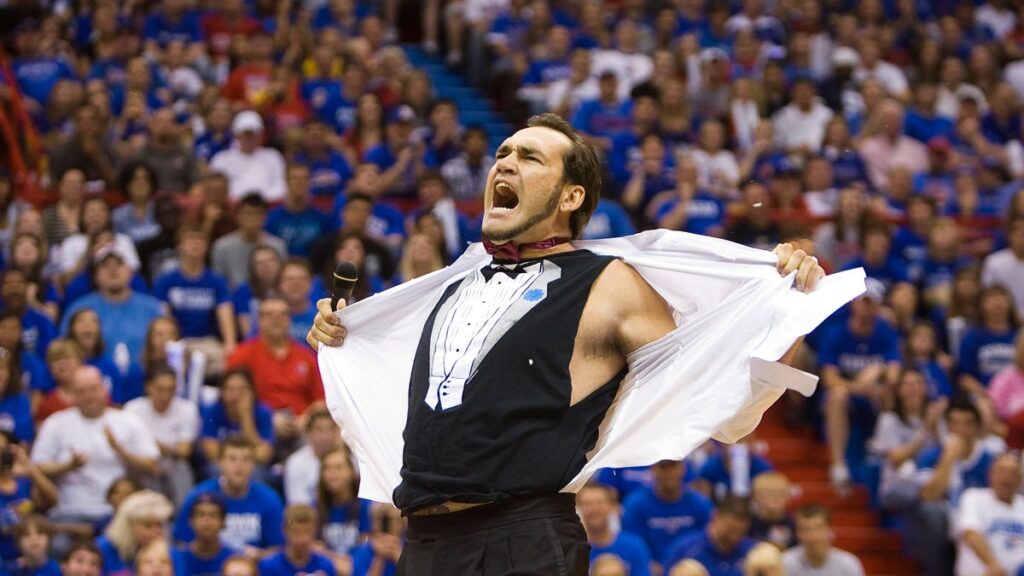Updated Feb. 17: Scot Pollard received a donor heart and the transplant was a success, according to his wife Dawn.
“Surgery went well and I’ve been told the heart is big, powerful and is a perfect fit!” she posted to X/Twitter.
Pollard was last waiting in the ICU at Vanderbilt Medical Center for a new heart due to its health decreasing in the last three years because of a virus he contracted.
Former NBA big man Scot Pollard needs a heart transplant due to a genetic condition that half of his siblings and his father had. Because of his size, getting a heart is more difficult.
Pollard is 6-foot-11 and weighed 260 pounds when he played basketball. Few donor hearts can pump blood through his body. If Pollard receives a heart from someone smaller than him, it could have a fatal outcome. He is currently in the ICU at Vanderbilt University Medical Center while he waits for one to surface.
“I’m staying here until I get a heart,” Pollard said in a text message to The Associated Press on Wednesday night. “My heart got weaker. [Doctors] agree this is my best shot at getting a heart quicker.”
Samurai Scot played for 11 seasons on five NBA teams in his career and won a championship with the Celtics in 2008, though he suffered a season-ending injury in February of that year. While playing collegiately for Kansas, he helped lead the Jayhawks to four straight Sweet Sixteen appearances. He served as a broadcaster and appeared on the reality TV show Survivor after his playing days.
Pollard’s heart has been beating an extra 10,000 beats a day, and has seen his health decrease in the last three years. He has mentioned in the past that he feels like he is constantly walking uphill. His father died at 54, when Pollard was 16. He is the youngest of six, and everyone in his family is just as tall as he is. Some of his siblings have the same heart condition. He has always known that his heart was at risk as he got older, since that moment his father died.
“That was an immediate wake-up call,” Pollard said in a recent telephone interview with AP. “You don’t see a lot of old [7-footers] walking around. So I’ve known that my whole life, just because I had that seared into my brain as a 16-year-old, that — yeah, being tall is great, but I’m not going to see 80.”
As his health has declined, he has tried medications and ablations, which are non-surgical procedures where a catheter is inserted into the heart and tries to break up the signals that are causing the heart to beat irregularly. He has had a pacemaker put in, but Pollard and his doctors agree that the best move is to get a transplant. To maximize the chances of getting a heart quickly, he was advised to register for the transplant list in as many places as possible within a four-hour radius.
“They can’t predict, but they are confident I’ll get a heart in weeks not months,” he texted to AP.




